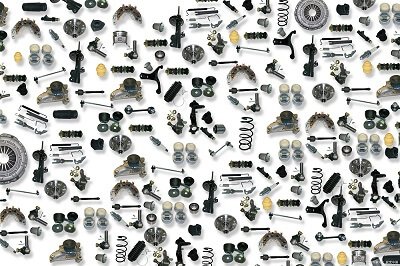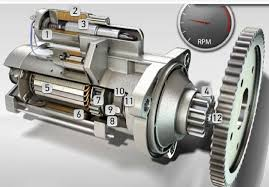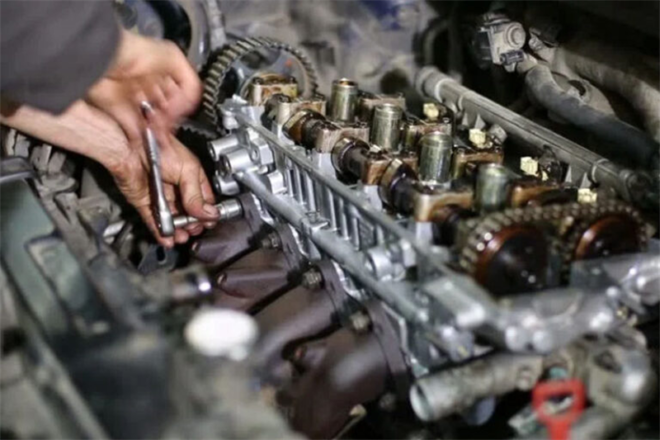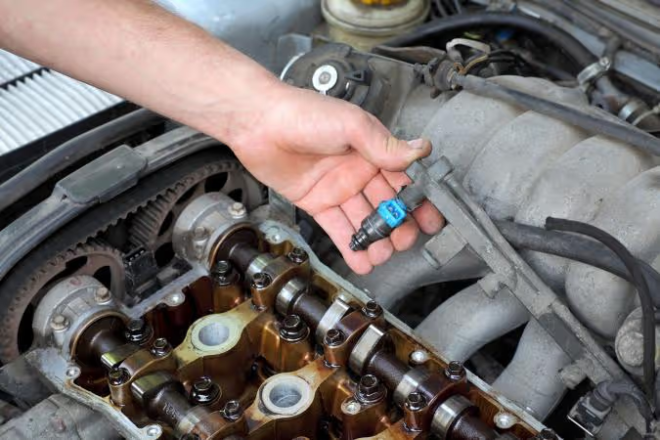Introduction
In the evolving landscape of industrial technology, components that once operated quietly in the background are now gaining the recognition they deserve. One such component is the stator coil—a fundamental part of electric motors and generators. With the rise of automation, smart factories, and energy-efficient systems, the stator coil has become central to achieving performance, sustainability, and durability in industrial equipment.
This article explores the advantages and future potential of the stator coil from an industrial engineering perspective, with a focus on its technical merits and wide-ranging applications.
Understanding the Stator Coil
The stator coil is the stationary part of an electric motor or generator, typically composed of copper or aluminum windings. It creates a rotating magnetic field that induces motion in the rotor. This interaction forms the foundation of electromagnetic power conversion, which is used in everything from small tools to heavy-duty machines.
Key functions of the stator coil include:
Creating magnetic fields through electrical currents
Maintaining efficiency across voltage ranges
Supporting long-term thermal and mechanical stability
Properly engineered stator coils are crucial for ensuring the reliability, performance, and longevity of motor systems in demanding environments.

Key Advantages of the Stator Coil
Energy Efficiency
High-quality stator coils are designed to minimize electrical losses, directly improving the energy efficiency of motors. This has become increasingly important in industrial sectors aiming to reduce operational costs and meet environmental standards.
Optimized winding patterns reduce resistance
Lower energy loss translates to reduced heat generation
Efficient coils extend motor life and reduce power consumption
Thermal and Mechanical Durability
Modern stator coils are manufactured using high-temperature insulation materials and advanced resin impregnation techniques. These ensure stability under continuous load, high ambient temperatures, and strong vibrations.
Thermal ratings exceeding 200°C
Enhanced resistance to vibration and wear
Extended maintenance intervals
Compatibility with Automation
Smart manufacturing environments benefit from stator coils with integrated sensors and advanced insulation systems. These features enable real-time monitoring and predictive maintenance.
Embedded thermal sensors for live monitoring
Compatibility with condition-based maintenance systems
Reduced unplanned downtime
Customization for Application-Specific Needs
Industrial applications vary greatly in size, power requirement, and environmental challenges. Stator coils can be designed to meet specific performance metrics and mechanical configurations.
Slot and winding type customization
Coating for chemical resistance or moisture protection
Tailored solutions for noise reduction or high torque needs
Industrial Applications of the Stator Coil
Renewable Energy Systems
Wind turbines and hydroelectric generators rely on high-performance stator coils for consistent power generation. Their resistance to temperature and mechanical strain makes them ideal for continuous-duty cycles.
Heavy Industry and Manufacturing
From conveyor belts to CNC machines, stator coils drive motors that ensure precision and high torque. Their reliability directly affects uptime and production quality.
Automotive and Rail Systems
Electric vehicles and trains use stator coils in traction motors, where stable torque output and minimal energy loss are essential. Coils in this sector must also meet stringent vibration and temperature performance standards.
HVAC and Pumps
Motors in fans, compressors, and pumps depend on durable stator coils for long-term efficiency. This is critical in sectors like food processing, chemical manufacturing, and pharmaceuticals.
Market Outlook and Industrial Relevance
The demand for high-efficiency motors is growing globally, with applications expanding in automation, electric transport, and sustainable energy. As a result, the stator coil market is projected to grow steadily.
Industrial buyers are increasingly prioritizing:
Coil material quality
Compliance with global efficiency standards (IE2/IE3/IE4)
Integration with smart control systems
Choosing high-performance stator coils is not just about short-term gains—it’s about building a resilient and adaptable operation.
Summary
The stator coil is more than a technical component; it is a performance driver in the industrial world. Its role in ensuring energy efficiency, durability, and machine intelligence positions it at the center of industrial innovation.
Engineers and industrial buyers who focus on upgrading their stator coil systems can expect:
Improved motor and generator performance
Lower operational costs
Higher equipment uptime
Better adaptability to smart technologies
With increasing demands for productivity and sustainability, the importance of a high-quality stator coil cannot be overstated. In every motor system where performance matters, the stator coil plays a critical role.





